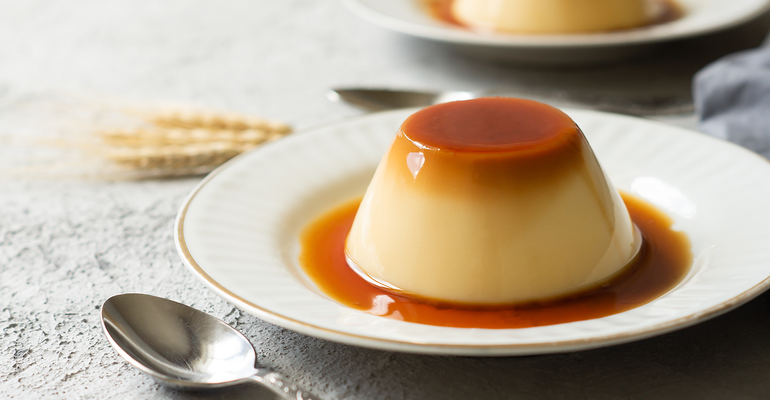According to market research company Mintel, manufacturers should consider combining natural sweeteners with fibres to replace the sweetness and bulk of sugar. This two-in-one reformulation approach allows them to make two appealing on-pack product claims: less sugar and more fibre, it suggested.
“Consumers are aware of the importance of fibres in maintaining gut health,” said Neha Srivastava, food and drink patent analyst at Mintel. “Brands can leverage this awareness by repositioning them as a multifunctional health ingredient that helps reduce sugar content in food and drink whilst improving gut health.”
However, blending fibre with a natural or artificial sweetener, such as stevia or sucralose, means that many of the functional attributes of sugar are lost.
A synergistic effect to replicate the sweetness of sugar
Israeli startup, Resugar, has developed a blended sweetening ingredient that, thanks to a 20% sugar inclusion, can help brands reduce the sugar content of their products by around 70 to 80% while retaining some of the key functional characteristics of sugar: bulking, freezing point modification, shelf-life prolongation, fermentation, moisture retention, colour, texturisation, and caramelisation.
CTO Michael Zviely said: “I cannot explain exactly what is in it because it's a trade secret but in principle, our product contains sugar but 80% less, it contains inulin, and it contains flavour ingredients. And these flavours have a synergy with the small amount of sucrose, which gives the same [sweetness] as full sucrose.”
Asked whether Resugar Synergy has the same functional properties as sugar, Zviely told us:
"That's the whole idea. As you know, sugar is not only sweetness. It also provides many functionalities – bulk volume, fermentation, caramelisation. The idea is to put all together the ingredients that give us the same functionality - the same caramelisation, the same fermentation, the same bulk volume - as sugar, so you don't need to add anything else. You take out sugar and add [our ingredient] in the same amount.”
From a flavour perspective, the startup says its ingredient passes the taste test; it commissioned a blind taste test from sensory research firm New Sense Research, which found that 58% of consumers preferred Resugar’s vanilla ice cream over a Ben & Jerry’s ice cream, without knowing the health benefits.
Nestlé and Tnuva are already customers
The ingredient, which can be listed on ingredient lists as dietary fibres, sugar, and natural flavours, is already being sold in Israel by Nestlé under its Froneri brand for a new range of low-sugar ice creams. Resugar also works with Tnuva, the largest dairy manufacturer in Israel. However, the startup has its sights set on bigger markets.
CEO and co-founder Ron Livny said: “We are now in several [proof of concepts] POCs with several big companies in the US and are working on getting the product on the market. We already have a facility in the US.
“In Israel, [we are producing] small volumes but we are working on volumes for the big companies. With any big company, their projections are one thousand tons annually, so we are talking about big companies and big volumes.”

New product in the pipeline: Resugar Molecule
Resugar, which is a finalist in the Fi Global 2022 Startup Innovation Challenge, closed a $3 million series A fundraising round in March 2022, led by Eitan Yochananof, CEO and director of Israeli grocery chain M. Yochananof and Sons, and private investors.
The startup also has a second product in the pipeline - Resugar Molecule – that is currently being developed in collaboration with the Technion Israel Institute of Technology lab by its R&D leader, Professor Yuval Shoham.
Resugar Molecule is a disaccharide molecule that the company says has “an uncanny resemblance” to disaccharide sucrose, or table sugar. To make this sweetener, the company starts with a low-cost, plant-based substrate that it converts to an intermediate product using an enzyme. It then uses a second enzyme to decompose this intermediate product, resulting in the disaccharide molecule that is Resugar Molecule.
“Because of the specific glycosidic bond between the two saccharides of the Resugar molecule, it can't be hydrolysed by human enzymes and thus should exhibit practically zero caloric value and [a] very low glycaemic index,” the startup said.
For this novel ingredient, Resugar may require regulatory approval before commercialising it; when it closed its $3 million fundraising round, it said it planned to use the investment to build up its global marketing and sales team, deepen its R&D partnership with the Technion, and speed up the regulatory approval and IP protection for its expanding product portfolio.






